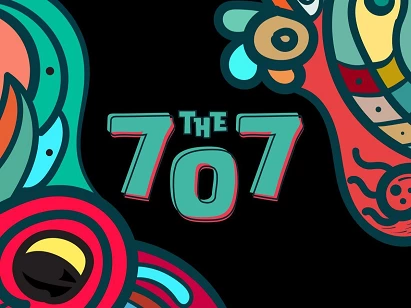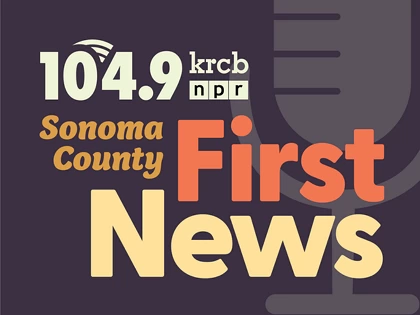 photo credit: photo credit text goes here
photo credit: photo credit text goes hereImage description text goes here
Santa Rosa officials are scheduled to consider revising the city's rules on short term rentals, but a complete overhaul isn't expected.
For some, its a fantastic way to earn a buck, for others, its degrading neighborhoods and making already pricey rental housing more scarce. On Tuesday, Santa Rosa's city council is set to weigh fine-tuning rules created two years ago.
The city has done a bunch of outreach, held meetings and solicited input. Senior Planner Shari Meads said finding agreement, took time.
"There is a lot of passion around short term rentals, which makes crafting regulations for them challenging."
Meads said that although opinions varied on a number of issues, one thing is clear.
"Non-hosted short term rentals in residential neighborhoods is the most divisive issue. Staff hears that we're not doing enough to regulate or prohibit non-hosted STRs, but, like you said, we also hear from folks that the city is too restrictive."
The planning commission took the concept of completely banning non-hosted STRs in residential areas off-the-table---saying the council asked them to revise, not re-write the ordinance.
As such, the cap on the number of short term rental permits, 198, won't change. Quiet hours and other facets won't either.
Two years ago, the city estimated 350 fifty hosted and non-hosted STRs were operating.
The proposal the City Council is set to consider today does contain some stricter rules. It prohibits any outside burning--not just bonfires or firepits, but barbecues of any sort. It sets outdoor lighting standards and requires signs about water conservation.
The biggest potential change would prohibiting any new vacation rental within 1,000 feet of another one. However, 139 already operating STRs would be exempt from that rule, if it were adopted, at least under the proposal under consideration.
Another proposal would limit property owners to running one hosted and one non-hosted STR. Meads said that such a policy would have no impact on the vast majority of operators.
"At first pass it appears that there are 19 individuals or groups that have more than one," she said, though there may be more, as some STRs are technically owned by different members of the same family or listed as owned by limited liability corporations.

 Live Radio
Live Radio




